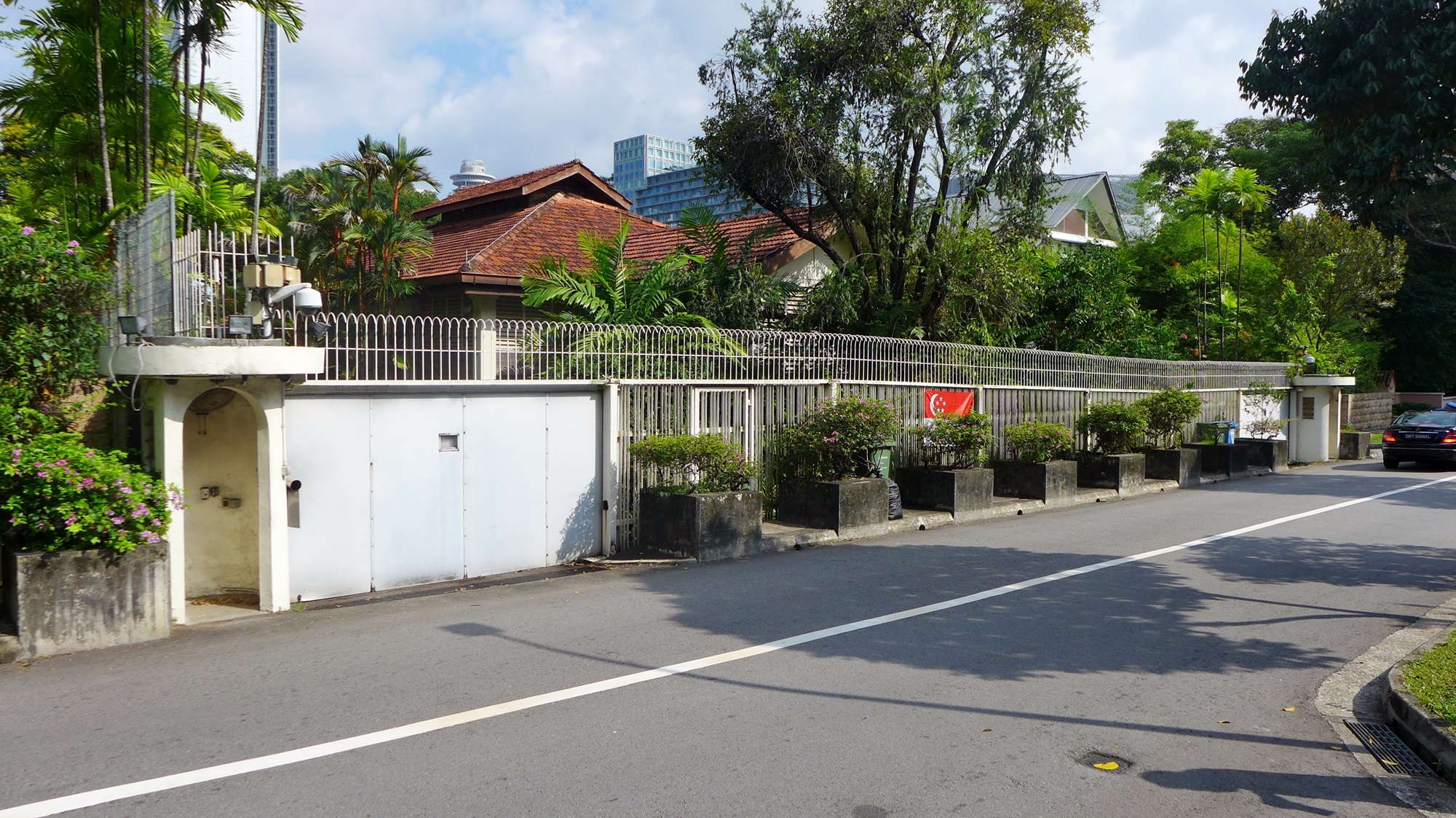
Here's the News. All the news worth reading. (To me anyway) Note that this is a news clippings blog. Articles (mainly from Straits Times) are NOT written by me. Due to spam comments, comments are now moderated. Please read "This Blog" and "Before you comment".
Monday, October 21, 2024
Saturday, April 27, 2024
In his own words: English for trade; mother tongue to preserve identity
Wednesday, May 4, 2022
Commentary: Why is Ukraine so keen to join the European Union?
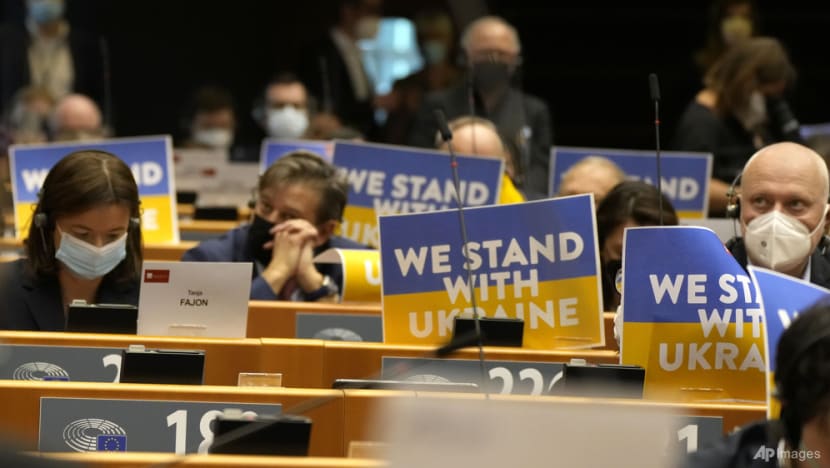 |
| Members of the European Parliament sit behind signs in support of Ukraine during an extraordinary session on Ukraine in Brussels on Tuesday, Mar 1, 2022. (AP Photo/Virginia Mayo) |
Mathew Doidge
Serena Kelly
CHRISTCHURCH, New Zealand: With the weight of Russian military might bearing down on it, Ukraine applied to join the European Union (EU) on Feb 28. While the Russian invasion provided the immediate pretext, membership had been on the Ukrainian political agenda since the Orange Revolution of 2004–2005.
Thursday, October 21, 2021
“Heard of Abu Nuwas liquor?”: Siti Kasim shares her thoughts on the Timah controversy
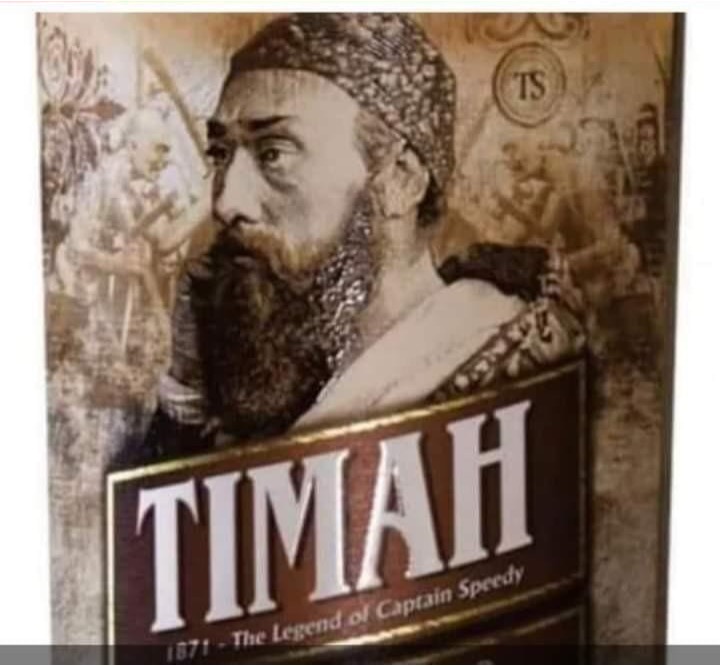

Tuesday, June 1, 2021
Opinion: Xi’s China can’t seem to stop scoring own goals
In a country that is divided on almost everything, one area of bipartisanship in the United States is alive and growing — fear of China. “The Chinese are eating our lunch,” says President Biden. Republican Sen. Josh Hawley of Missouri says they “are well on their way” to achieving their goal of world “domination.” Experts warn that China’s Belt and Road Initiative and vaccine diplomacy are bolstering its soft power.
Thursday, May 20, 2021
Commentary: Israel's master plan for Palestine has fail
19 May 2021
LONDON: Until about a week ago, it looked like Benjamin Netanyahu had a good chance of disproving the adage that “all political careers end in failure”.
His grip on power in Israel was weakening. But even if he lost office, Netanyahu would still leave politics as Israel’s longest serving prime minister ever – and one of its most consequential.
Last year, Netanyahu secured a historic breakthrough in the Jewish state’s relations with the Arab world. The Abraham Accords normalised relations between Israel and the United Arab Emirates and Bahrain.
Israel under Netanyahu was at peace, prosperous and breaking out of its international isolation. The long and often bloody struggle with the Palestinians was out of the headlines.
A world-beating COVID-19 vaccination programme had further burnished the country’s image. There was just the small matter of avoiding conviction in a corruption trial and a possible jail sentence – and his legacy would be secure.
Monday, May 3, 2021
Indonesia - model for Myanmar
[Two news articles on the Military in Politics, and how Myanmar might have used Indonesia as a model.]
‘We live in a different age now’: Why Indonesia’s military is unlikely to return to politics
JAKARTA: He was tortured, underwent forced labour and had to eat mice, snakes, lizards and snails to survive.
Arrested for being a suspected communist sympathiser, Bedjo Untung was never charged despite being detained from 1970 to 1979, under the authoritarian regime headed by Suharto, the former general.
It has been 23 years since Suharto’s fall, but Bedjo, now 73 and a human rights activist, worries that Indonesia’s military “will always try to play a role” in government.
That has been the case in Thailand, for example, and February’s military coup in Myanmar has cast the spotlight on other Southeast Asian countries whose militaries have played a significant political role over decades.
But is Indonesia’s military capable of making a political comeback following the country’s transition to the multi-party democracy it is today? The programme Insight examines the balance of probabilities.
Wednesday, December 16, 2020
Singapore’s hawker culture clinches spot on Unesco’s intangible cultural heritage list
By Tessa Oh
December 16, 2020
SINGAPORE — After a journey of more than two years, Singapore’s hawker culture has made it onto a prestigious list of international treasures, alongside Indonesia’s angklung musical tradition and South Korea’s kimjang, the making and sharing of kimchi.
The decision to inscribe hawker culture in Singapore onto the Intangible Cultural Heritage of Humanity list under the United Nations Educational, Scientific and Cultural Organisation (Unesco) was announced by the international body's intergovernmental committee on Wednesday (Dec 16).
This comes five years after Singapore’s successful bid to have the Botanic Gardens listed as a Unesco World Heritage Site.
The nation's hawker culture joins the more than 463 items already inscribed on the list of intangible culture heritage. This is Singapore's first attempt at making this Unesco list.
Friday, June 5, 2020
Commentary: Could Donald Trump not run for re-election?
By Steven R Okun
By Thurgood Marshall Jr
SINGAPORE: Five months from election day, Donald Trump faces possibly the most daunting challenge ever for a sitting US president running for re-election.
A collapsing economy. Over 100,000 COVID-19 deaths. Riots across the country.
A disapproval rating higher at this stage in a presidency than that of any of his post-World War II predecessors.
Donald Trump had a very narrow path to victory in 2016, but he successfully “threaded the needle” in the electoral college against a historically unpopular opponent while losing the overall vote by nearly 3 million.
There is no chance he wins a majority of the vote this time. In big blue states like California and New York, he could lose by better than two to one. A realistic loss in the popular vote could be by 4 to 5 million votes.
Wednesday, April 15, 2020
Exclusive: Singapore Prime Minister Lee Hsien Loong Speaks Candidly with TIME
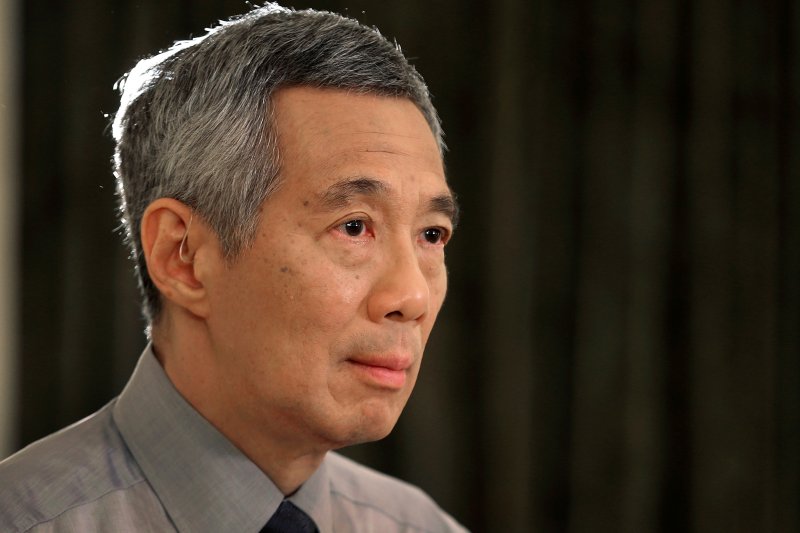
Prime Minister Lee Hsien Loong addresses the nation about the passing of his father, Singapore's founder Lee Kuan Yew, during a live broadcast on Monday, March 23, 2015, in Singapore
Terence Tan—AP
As Singapore gears up to celebrate the 50th anniversary of its independence, the city-state once dismissed as a “little red dot” at the midpoint of regional maps now serves as the epicenter of Asian-style development. By combining Confucian values with state-sponsored capitalism, Singapore in little more than a generation moved “from third world to first,” as a memoir of founding father Lee Kuan Yew puts it.
Sunday, March 1, 2020
Expect more mischief by Malaysian political elites unless there is a devolution of power
26 February, 2020
The grab for power attempted over the period of Feb 22 to 24 at Malaysia’s centre of power was a totally elite enterprise. It was a game of numbers among parliamentarians done behind locked doors.
This caught everyone not involved in the plotting by surprise. But of course, this is the nature of such matters.
What deepened the shock for the public in general was the supposition on the part of the coup-makers that the coup would not lead to social violence and economic chaos, and the total disregard for it.
Cynicism runs deep among Malaysians, but this turn of events confounded even them.
How could a coup take place which aimed to replace a whole government but the prime minister?
Saturday, January 4, 2020
Why Mahathir is antagonistic towards S’pore
Belmont Lay

Nikkei Asian Review, a venerable weekly business journal in Japan, on Feb. 6 attempted to explain Malaysian prime minister Mahathir Mohamad’s antagonism towards Singapore.
Monday, December 30, 2019
Chinese Restaurants Are Closing. That’s a Good Thing, the Owners Say.
New York Times
By Amelia Nierenberg and Quoctrung Bui
KINGSTON, N.Y. — More than 40 years after buying Eng’s, a Chinese-American restaurant in the Hudson Valley, Tom Sit is reluctantly considering retirement.
For much of his life, Mr. Sit has worked here seven days a week, 12 hours a day. He cooks in the same kitchen where he worked as a young immigrant from China. He parks in the same lot where he’d take breaks and read his wife’s letters, sent from Montreal while they courted by post in the late 1970s. He seats his regulars at the same tables where his three daughters did homework.
Two years ago, at the insistence of his wife, Faye Lee Sit, he started taking off one day a week. Still, it’s not sustainable. He’s 76, and they’re going to be grandparents soon. Working 80 hours a week is just too hard. But his grown daughters, who have college degrees and well-paying jobs, don’t intend to take over.
Sunday, December 29, 2019
A decade to remember: 10 news events that shaped Singapore from 2010 to 2019
29 December, 2019
For Singapore, the past decade has been by turns turbulent, mournful and jubilant.
The 2010s bore witness to a brazen show of public disorder when a riot erupted in Little India. To a nation grieving the death of its founding prime minister. To an awe-inspiring 50th birthday bash. To Singapore’s first Olympic gold. The list runs on.
Summing up the decade, sociologist Tan Ern Ser of the National University of Singapore said a watershed General Election in 2011 — which saw the country’s ruling party record its lowest share of the vote since independence — was the first major event of the decade that underlined Singaporeans’ unhappiness with an influx of foreigners, among other things.
The cost of living and widening social inequality were also uppermost on people’s minds over the decade. Digital disruption has also gathered speed, with the attendant challenges making it more urgent for Singaporeans to sharpen their skills to ride out the industrial transformation taking root here and globally, said Associate Professor Tan.
Saturday, December 28, 2019
Why we need to keep our memories of familiar Singapore places alive
20 December, 2019
My full name — Prakash Kuttickattu House Ramanpillai Gokkallan Nair — is 47 letters long.
[Must be a joy filling up forms requiring full name as in NRIC. See below "About the Author" for a hint as to why he put his full name out.]
Most people know me as Prakash, and most people would consider Nair to be my surname. Gokkallan and Ramanpillai are my father’s and grandfather’s names respectively.
On the other hand, Kuttickattu (roughly meaning “small forest” in my mother tongue, Malayalam), is actually the name of my ancestral home in Kerala, India.
And it is from Kuttickattu that I write this piece.
Saturday, November 9, 2019
Singapore’s prime minister spoke uncomfortable truths that both Beijing and Hong Kong’s protesters need to hear
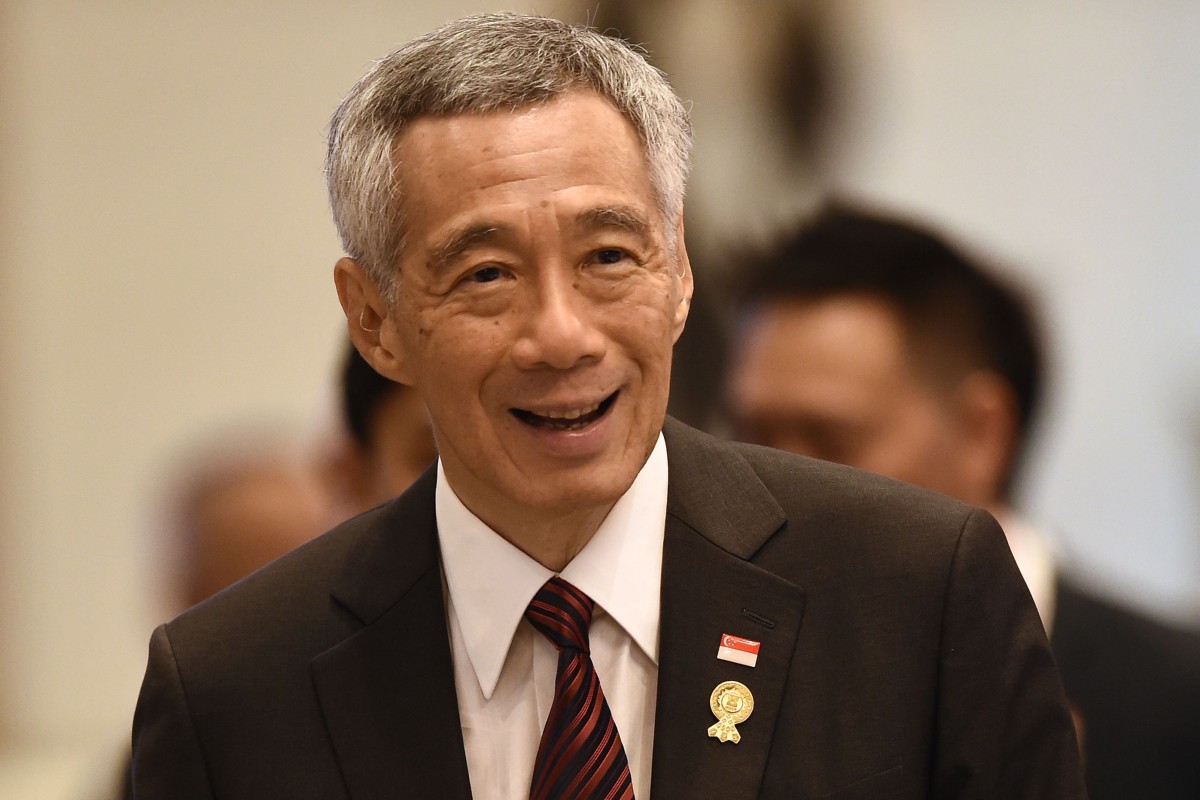 |
| Singapore's Prime Minister Lee Hsien Loong has been treated as a hero on Chinese social media since he said the Hong Kong protesters were trying to “humiliate and bring down” the Hong Kong government. Photo: AFP |
Alice Wu
29 Oct, 2019
Singaporean Prime Minister Lee Hsien Loong has recently offered
extensive comments on Hong Kong’s situation. At a time when repeating slogans sadly passes for public discourse and tweets are rampant, such thoughtful comments – which essentially require that they be more than 280 characters – without all the hyperbolic dressing are refreshing.
Saturday, August 31, 2019
Secret documents reveal extent of negotiations for Separation
22 Dec 2015
A nondescript exhibit at the National Museum has the potential to reshape Singapore's national history narrative. Singapore leaders were actively involved in negotiations leading to the exit from Malaysia, newly released documents highlight.
Museums play an important role in a nation's history. They serve as repositories of national history, preserving and showcasing artefacts and documents central to our shared understanding of the past, so that we can better understand our present.
[This is nothing new. The information in the "newly released" documents has been publicised before, and if there is anything new, it is simply the "documentary proof" provided by these original documents.]
Curators and public educators in charge of museums and their exhibitions also play a key role in shaping our sense of the past, and hence our sense of self, and our shared national identity.
Friday, August 30, 2019
When will China move on Hong Kong?
27 August, 2019
China’s communist leadership is struggling over how to respond to Hong Kong’s swelling protests. Giving in to protesters’ demands for democracy or allowing unrest to spread is out of the question. Yet armed intervention will have its price.
On April 15, 1989, students marched from Beijing University to Tiananmen Square, ostensibly mourning the death of Hu Yaobang, a former Communist Party general-secretary purged by party hardliners in 1987 for his liberal views.
It was the first demonstration in what grew into the huge pro-democracy protest movement that rocked Beijing and China that spring. Reporting from the square, I ended the story that night by asking: “How long will the government wait to crush this challenge to its authority?”
In 1989, it took six weeks before the Communist Party sent in the army, bringing the movement to a bloody end. In Hong Kong, the wait has been almost three months.
Wednesday, August 28, 2019
From the shadows, China’s Communist Party mobilises against Hong Kong protests
HONG KONG — Across the border from Hong Kong, the Chinese Communist Party screams its presence with banners and slogans on nearly every street. Yet in the former British colony, where China’s ruling party confronts what it calls a “life and death” struggle against a turbulent protest movement, it is invisible: It is not registered and has no publicly declared local members.
But in Hong Kong, this officially nonexistent organisation is in the vanguard of defending Chinese rule in the face of its biggest public resistance since the authoritarian leader Xi Jinping came to power in 2012.
The party, operating in the shadows through individuals and organisations, is driving an increasingly firm pushback against the anti-government protests, now in their 13th week.
Parroting slogans scripted by the Communist Party on the mainland, activists in a host of local pro-China organisations have mobilised to discredit the protesters as violent hooligans bent on wrecking the city.
Friday, August 9, 2019
Invasion Taiwan - how it might happen, why it would be costly
Ok, so here's the plan.
1) HK protesters escalate their... "protests" until Beijing sends in the Military.
2) When Beijing has committed troops to HK to quell the protests, Taiwan declares that they are independent and not just a "Rogue Province" of China. They may also want to send a diplomatic note Beijing: "nyah! nyah! nyah!"
3) When the Chinese begin military operations to... "re-take" Taiwan, Vietnam and Philippines will then move to occupy the contested islands in the South China Sea - Paracels, Spratley, etc.
4) I think Japan also has an island that they are contesting ownership with China? Dunno. If they do, they should move to... "protect" that island.
5) Xinjiang Uighurs should watch closely the developments, and when China is fighting HK, Taiwan, Vietnam, and the Philippines, they should declare independence.
6) Meanwhile in Tibet, the people there should pray for peace... NAH! they can try to breakaway, too.
7) At this point, the orang utan in the White House will do what he usually does. Or maybe someone might advise him that this is an opportunity to be seized. Or not. Who cares.
Well, it's just a plan.The tone suggests that this was not a serious plan, or at least not one to be taken seriously (certainly, the question would be whether the various factions are ready to breakaway). But part of China's problem is that even if it has almost a million soldiers, those soldiers are needed to keep the country together. Or Tibet might breakaway, Xinjiang might revolt, and... Hong Kong is already rioting.
But I was curious.
How would Taiwan defend against a Chinese invasion?
Surprisingly, I found that Taiwan's chances were actually quite good!
